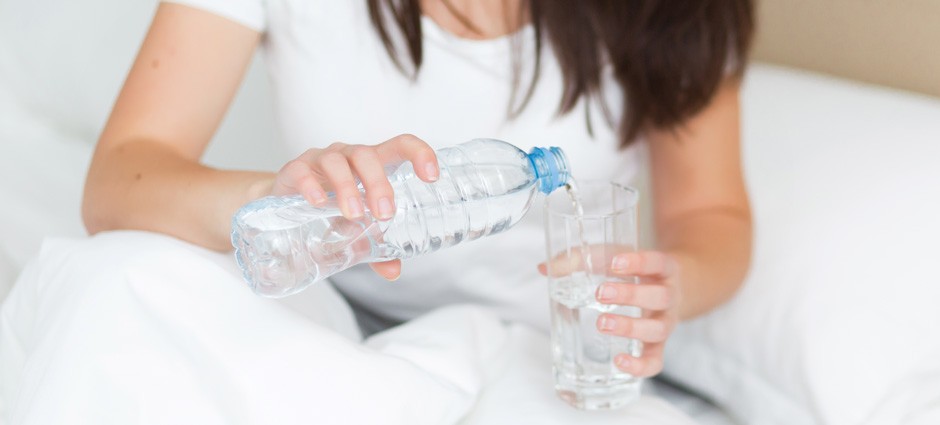You’ve likely experienced the negative effects of too little sleep: lack of energy, irritability, fuzzy thinking. But you might not have realized that a partial cause of those symptoms may be dehydration.
According to a recent Penn State study of 20,000 adults, published in the journal SLEEP, those who slept six hours had significantly more concentrated urine and up to 59 percent higher odds of being dehydrated compared with those who slept regularly for eight hours. Researchers focused on a hormone called vasopressin, which helps regulate the body’s hydration and is released mostly during nighttime sleeping hours. When sleep time is less, the hormone release and, in turn, the body’s hydration are disrupted.
The findings suggest this is one reason why you don’t feel good after a night of poor sleep, because dehydration negatively affects your cognition, mood and energy levels. An antidote: On days following poor sleep, drink more water.

